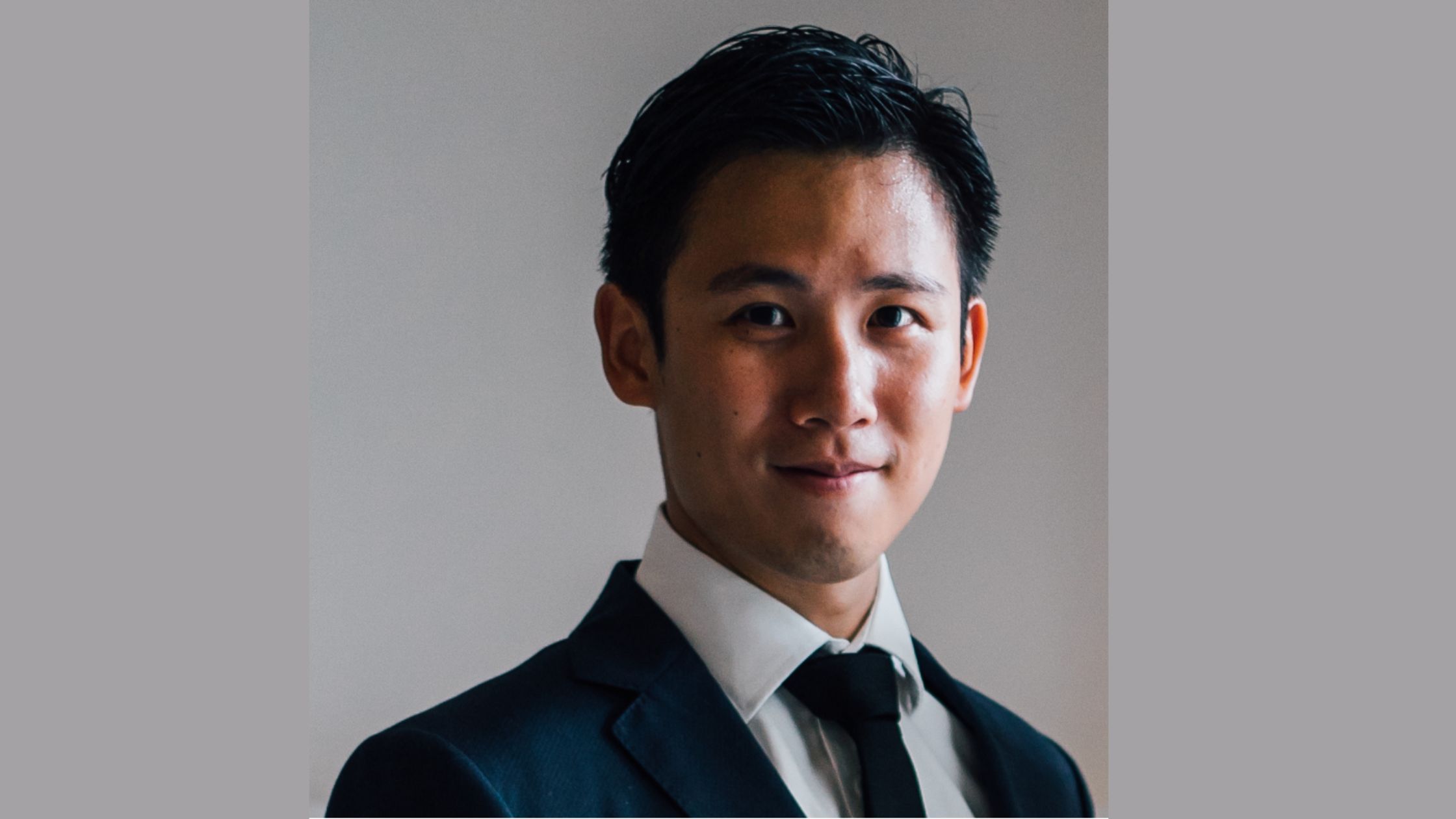AsiaTechDaily – Asia's Leading Tech and Startup Media Platform

Building Sustainable Cities with Startups: An Exclusive Interview with Plug and Play’s Kishore Ravichandran
Democratizing innovation, Plug and Play Tech Center has built a global platform that bridges the gap between entrepreneurs, corporations, and investors. Over the past 15 years, Plug and Play has cultivated a thriving ecosystem, uniting over 35,000 startups, 500 corporations, and numerous venture capital firms, universities, and government agencies across 20+ industries.
With a presence in 50+ locations worldwide, Plug and Play has facilitated investments and catalyzed collaboration among key stakeholders.
At Plug and Play, its venture capital arm nurtures early-stage startups across diverse industries. With a portfolio of over 200 investments annually and supporting 30+ unicorns, it includes industry giants like PayPal and Dropbox. Its focus spans various sectors, from Agtech and Fintech to Sustainability and Smart Cities, to drive innovation across various domains.
AsiaTechDaily recently conducted an exclusive interview with Plug and Play’s strategic investor, Kishore Ravichandran. With a background in Materials Science and Engineering and a Second Major in Innovation and Design, Kishore has always brought a unique blend of technical expertise and visionary thinking to his investment approach at the firm.
His focus on Aerospace, Mobility, Deep Tech and Smart Cities blends seamlessly with their vision of innovation and sustainability. With a keen eye for promising ventures, he embodies the Plug and Play mantra of empowering entrepreneurs and building a brighter future
In this insightful interview, Kishore shares his perspectives on Sustainable Cities, Aerospace Technologies, and the future of innovation. For readers keen on gaining valuable insights into the intersection of venture capital, sustainability, and innovation, this interview is a must-read.
When evaluating potential startup investments, what criteria or attributes do you look for in a company that aligns with your vision for building a smart future and sustainable cities?
There are many different criterias to consider when assessing a potential startup for investment. At Plug and Play, the main things we look for are the 3 Ts – Team, Technology and Traction.
Team: Why is this team the best team to take this company and grow it into a unicorn? Why is the team motivated to run this company? What is their grand vision for this company?
Technology: How unique is their technology? What is their defensibility that would prevent a replicate of this idea and scaling it faster than they can? Can their technology revolutionize the modern era?
Traction: Who are their current clients? How much revenue has been generated? How much of it is recurring revenue? How scalable is the business? How can they win new markets and grow while facing stiff competition from local competitors?
If a founder is able to answer these questions with conviction, then it would be a no-brainer for VCs to jump on board their investment round – subject to several other metrics, of course 🙂
Investing in Early-Stage Startups often requires patience and a long-term perspective. Could you provide insights into your views on exit strategies, and how important is it for founders to consider these in the context of sustainable businesses?
Exit strategies are often overlooked factors in early-stage investments simply because startups are typically too early to be thinking about them. However, it is indeed crucial to have a rough idea of your business vision from the outset.
Truth be told, many early-stage VCs are not keen to hear that a founder plans to exit the business after scaling up to a Series B or C. Most VCs want the company to grow, with the founder demonstrating a vested interest in staying for the long term.
Practically speaking, this may not always align with reality. Whether it’s having an acquisition plan from a specific corporation, merging with another company, or pursuing an IPO, these considerations should be part of the founder’s plan right from the start. Only then can the founder steer the company towards the goal and vision they’ve set out to achieve.
For individuals who are new to the world of startup investing, what essential advice would you offer to help them navigate this dynamic and challenging field effectively?
Network, Network, Network. I cannot stress this enough. The more people you connect with in the startup ecosystem – be it founders or other VCs, the better dealflow you will get for yourself. More than networking, try to establish genuine connections. Many network for the sake of networking rather than trying to forge a genuine connection with the person whom they are speaking to. Be someone who can be seen as a genuine friend – you will be surprised at how far this can go. 🙂
Establishing your personal brand is crucial. Position yourself as the go-to expert in a specific sector within the ecosystem. I am deeply immersed in aerospace and deep tech investments, as they are my areas of expertise and passion. Consequently, the deal flow I receive is tailored to these verticals. By actively contributing to articles, writing trend reports, and publishing newsletters within your chosen sector, you enhance your visibility and reputation among the VC community. This attracts more deals from startups aiming to revolutionize the field you are passionate about.
Demonstrate reliability and responsibility – Manage your portfolio companies with diligence. Just as VCs communicate within the industry, founders also regularly converse with one another. Establish yourself as a dependable individual, and your founders will value it and recommend you to other high-quality founders. This, in turn, could lead to opportunities to invest in other exciting ventures.

From your vantage point as an investor, what are some common mistakes you’ve observed early-stage founders make during the fundraising process, and what advice do you have for them to avoid these pitfalls?
The biggest turn-off for any investor occurs when a founder jumps on a call and asserts that there are no existing competitors for their product in the market. Every founder tends to believe that they are the sole company in the world creating such a product. However, more often than not, this assertion does not hold true. Instead, it signals to investors that the founders have neglected to conduct thorough market research before launching their startup. Therefore, I strongly advise startup founders to thoroughly research the market landscape before presenting to investors. Being a founder who is aware of and can demonstrate their competitive edge is far more appealing to investors than one who remains oblivious to the competition.
Could you share a success story or best practice from your experience working with startups that align with your sustainability and smart city focus?
Some of the most successful startups I’ve encountered are those that embrace failure as a crucial part of their journey. Founders who are willing to make mistakes early on, learn from them, and pivot accordingly often find themselves in a stronger position than those who resist change. It’s not about avoiding mistakes altogether but rather about acknowledging them, accepting responsibility, and taking proactive steps to rectify them.
Having unwavering conviction in your company is important, but it’s equally vital to recognize when a particular idea or strategy isn’t yielding the desired results and to be open to adaptation. This requires a high level of maturity and self-awareness.
I firmly believe that founders who embody the “cockroach mentality” – that is, they refuse to give up in the face of adversity – are more likely to build successful startups. These resilient individuals are relentless in their pursuit of success and willing to navigate through challenges and setbacks with tenacity and determination. Their ability to persevere and adapt, even in the face of adversity, sets them apart and ultimately leads to the creation of thriving businesses.
In addition, for startups working in the sustainability and smart cities sector, it is crucial for them to comply with regulations and work together with government initiatives. Having strong relationships with influential players and establishing themselves as supporters of these initiatives will help the startup scale and grow faster as the infrastructure set in place guides that growth trajectory.
Startups often face resource constraints. What strategies or approaches do you recommend to early-stage founders to effectively manage their limited resources while striving for sustainability and growth?
Be mindful of burn-rate and market conditions after a successful fundraiser. Many founders get really excited about their fundraising round and end up spending investor money in an unsustainable manner. Sudden unexpected changes in market conditions can derail your startup’s growth and not being mindful of your burn rate can adversely affect your company in the long run.
Secondly, “Who you know is more important than what you know.” This was a key piece of advice my mentor gave me in the early days of my career. In the startup ecosystem, this is more pertinent than ever. Many founders are often technical experts in their respective fields, but they also need to remember that it’s also important to connect with other founders and VCs in order to build their business. Strong and healthy networks are the strongest currency for success in the startup ecosystem.

Beyond his ventures in investing, Kishore Ravichandran finds fulfillment in his pursuits outside the financial space. As a Tamil Theatre Artiste, Kishore has graced the stages of numerous renowned production houses in Singapore. His most memorable experience includes portraying a lead role in NUS TLS’s Sangae Muzhangu 2019, captivating a packed house audience of around 1500 people.
An avid owner of an FPV drone, Kishore takes pleasure in capturing footage from unique vantage points during his travels, offering him a fresh perspective of the world around him.
Kishore Ravichandran’s insightful perspectives and strategic approach to investing, particularly in sustainable cities and deep tech, offer valuable insights for both experienced investors and budding entrepreneurs alike. Through his Plug and Play Ventures role and his endeavors, Kishore has empowered startups and built a brighter, more sustainable future.
Also Read:
- India’s HiLabs Secures $39 Million to Expand AI-Powered Healthcare Solutions
- First Move’s Investment Fuels Ten Startup Ventures in Southeast Asia
- AIsphere Raises $14 Million to Challenge OpenAI’s Sora in China’s AI Landscape
- Echelon’s TOP100 2024 Boasts A More Mature Program In Its 10th Edition As First 26 Startups Are Revealed
- How does AKA Virtual rescue classic IPs from the “midlife crisis”?





